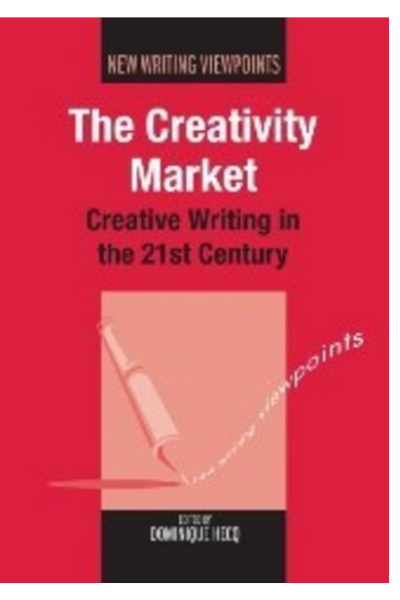Using the spectrum to theorise apparent oppositions in creative writing doctorates

McKenzie, V. (2012). Using the spectrum to theorise apparent oppositions in creative writing doctorates. In D. Hecq (Ed.), The Creativity Market: Creative writing in the 21st century (pp. 148-162). Bristol, UK: Multilingual Matters.
The questions raised by placing creative research within an academic context that increasingly demands quantifiable research outcomes are global. A recent and timely article by Carey et al. (2009), based on a thorough survey of examination policies for creative writing higher degrees by research, reveals the concern with interpretation of terms such as ‘creative’ and ‘research’, ‘context’ and ‘commentary’. These apparent oppositions are linked through a continuum that suggests a set of spectra can be used to rethink these and other terms that dominate examination policies and other course documentation. The breadth of the writing disciplines’ field is one of its strengths, but creative research higher degree candidates need tools to navigate the broad field. Through case studies of two creative writing doctorates and the discourses within which they sit, I will illustrate the use of a spectrum to re-imagine the description and examination of creative writing doctorates. In particular, this chapter questions the conclusions of Milech and Schilo (2004) and uses the spectrum concept to chart new territory by negotiating a way through apparent opposites.
